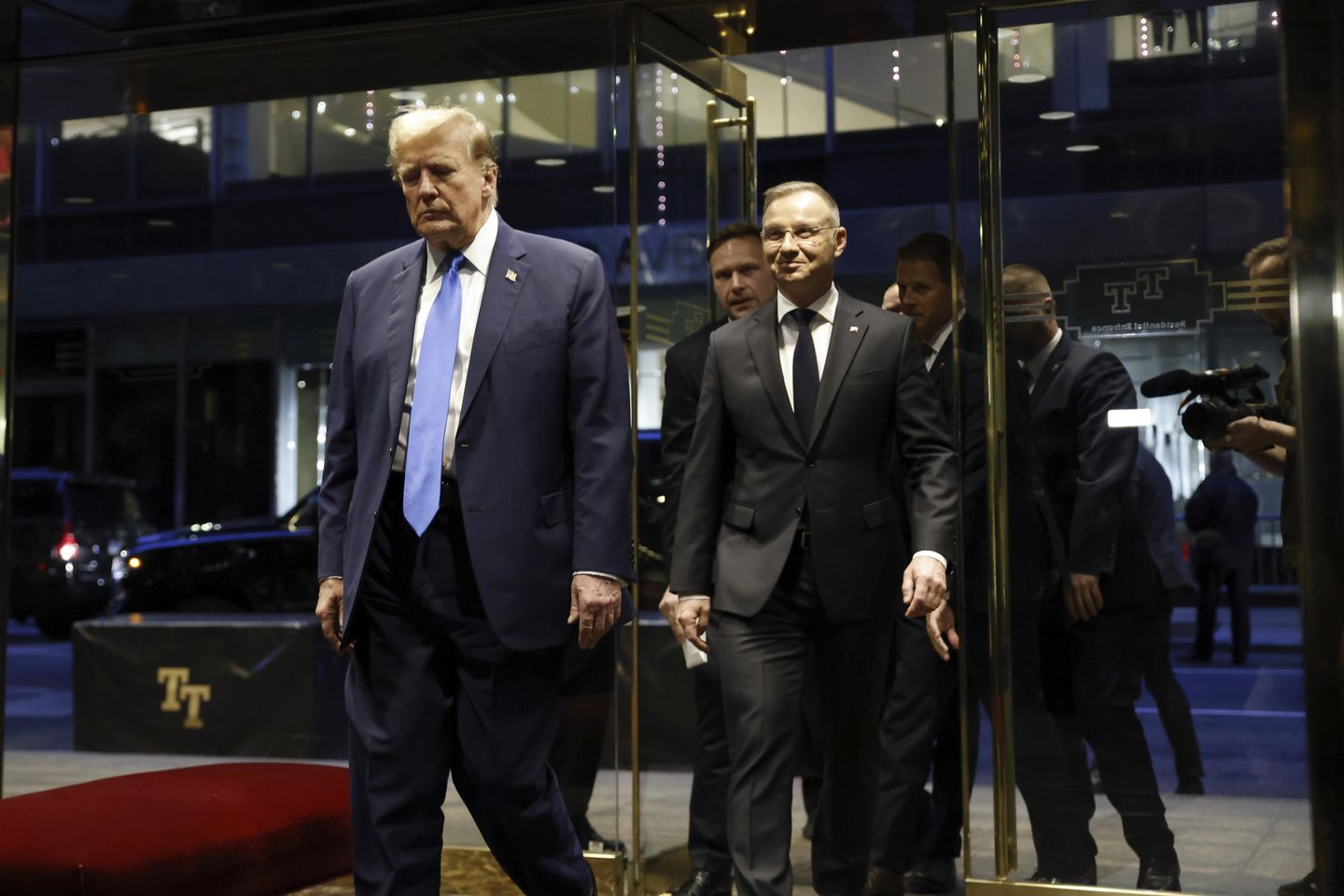During the meeting, Trump and Duda discussed a range of issues, including the situation in Ukraine, the Nord Stream 2 pipeline, and the ongoing conflict in Belarus. The meeting comes at a time of increased tensions between Russia and the West, with Ukraine and Belarus both being flashpoints for potential conflict. Trump’s meeting with Duda is seen as a sign that he is seeking to maintain strong relationships with key allies in Europe, despite his controversial tenure as president.
The meeting between Trump and Duda also comes as Poland is facing increased pressure from the European Union over its rule of law and democratic backsliding. The EU has launched multiple investigations into Poland’s judicial reforms and has threatened to withhold funding if the country does not address these concerns. Trump’s meeting with Duda could be seen as a signal of support for Poland in the face of this pressure from the EU, as Trump has been a vocal critic of the EU and has expressed support for nationalist and populist movements in Europe.
The meeting between Trump and Duda is also significant in the context of the upcoming US presidential election, as Trump seeks to bolster his foreign policy credentials and demonstrate his ability to engage with world leaders. Trump’s meeting with Duda is part of a larger effort to show that he is capable of handling international relations and navigating complex geopolitical issues, despite criticism of his approach to foreign policy during his time in office. By meeting with Duda, Trump is seeking to show that he has the support of key allies in Europe and that he is capable of building strong relationships with foreign leaders.
The meeting between Trump and Duda is likely to be closely watched by European leaders, who are eager to gauge the direction of US foreign policy in the event of a second Trump term. Trump’s meeting with Duda could signal a shift towards a more confrontational approach towards Russia and a more supportive stance towards nationalist and populist movements in Europe. This could have significant implications for the future of US-European relations and for the stability of the transatlantic alliance.
Overall, Trump’s meeting with Duda is a reflection of the ongoing uncertainty and volatility in international relations, as the world grapples with a range of complex and interconnected challenges. By meeting with Duda, Trump is seeking to demonstrate his ability to engage with world leaders and navigate complex geopolitical issues, while also sending a signal of support for Poland in the face of pressure from the EU. The meeting between Trump and Duda underscores the importance of strong relationships between the US and its allies in Europe, as both sides seek to address shared security concerns and promote stability and prosperity in the region.









